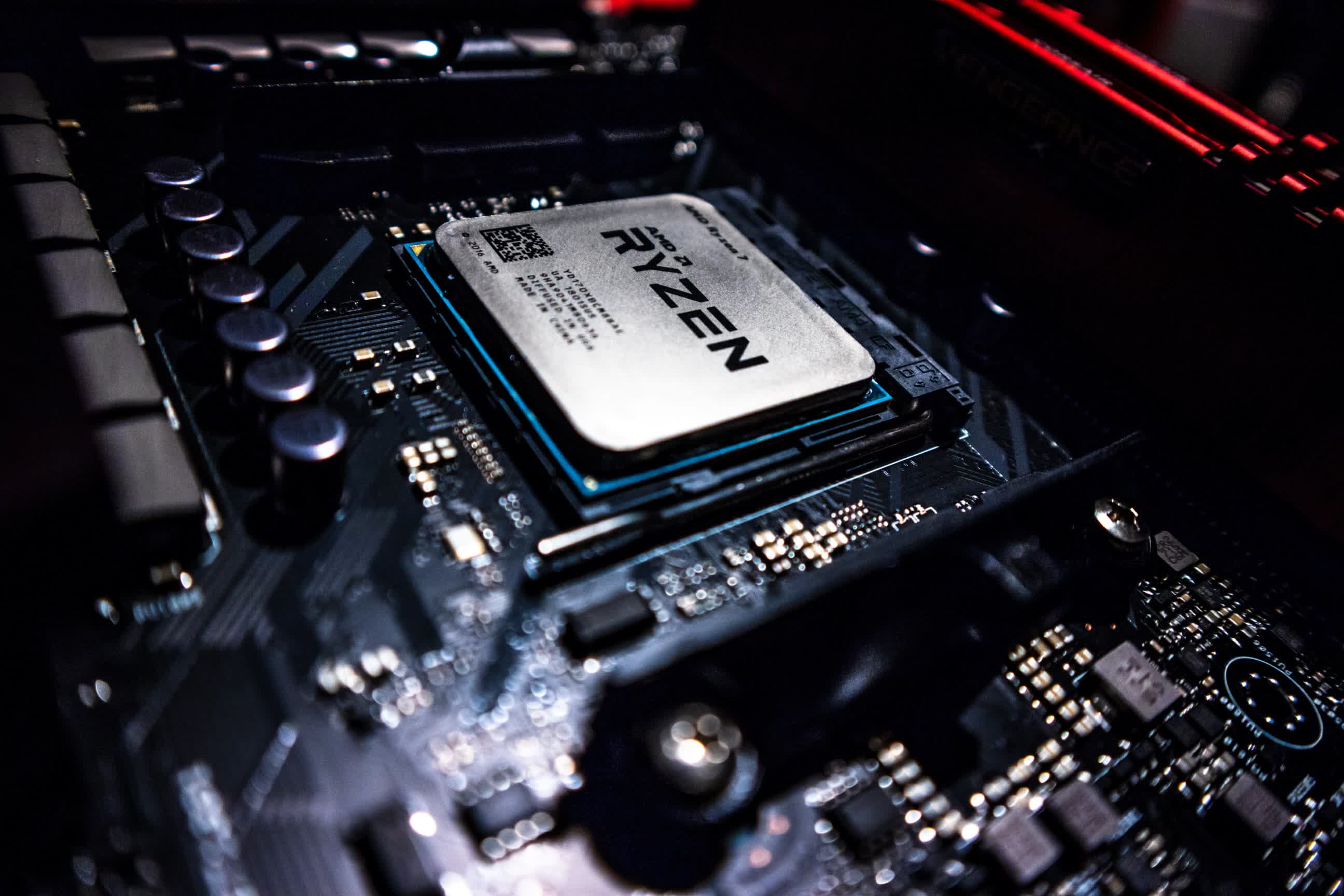Recap: The Ryzen 7 5800X3D is a $450 CPU landing on April 20 for people with a 300, 400, or 500 series motherboard. AMD's performance claims look promising for gamers seeking an upgrade, but overclocking enthusiasts will want to wait for the Ryzen 6000 "Rembrandt" lineup.
Earlier this month, we heard that AMD's much-awaited Ryzen 7 5800X3D CPU would not support manual overclocking as the company asked motherboard manufacturers to disable the functionality in their BIOS/UEFI.
Fast forward to this week, and we now have official confirmation from Team Red that its newest Ryzen 7 series processor for gamers isn't overclocking friendly. Apparently, the main reason for this limitation is AMD's 3D V-Cache, the technology that's supposed to make this CPU up to 15 percent faster in games when compared with the Ryzen 9 5900X.
To AMD's credit, it will open up support for this processor as well as other Ryzen 5000 variants on 300 series motherboards via an upcoming BIOS update. However, AMD's Robert Hallock told HotHardware the 3D V-Cache is limited to a maximum working voltage of 1.3 to 1.35 volts, and as such it doesn't even support the typical boost voltages seen on some Ryzen CPUs, which are in the 1.45 to 1.5 volt range.
This would also explain why AMD chose to lower the base and boost clocks of the Ryzen 7 5800X3D to 3.4 GHz and 4.5 GHz, respectively. Hallock notes the Infinity Fabric and memory bus can still be manually overclocked, and that it should lead to better performance gains than an all-core overclock, anyway.
According to Hallock, the Ryzen 7 5800X3D isn't a sign that AMD is looking to neglect overclocking enthusiasts moving forward. The company is still working around the limitations of the existing manufacturing technologies that make its chiplet designs possible, so the next generation of Ryzen CPUs should have better overclocking support.
Hallock also explained during the interview that AMD chose to go with an eight-core configuration because gaming workloads have yet to benefit from adding more cores beyond that. As our own Steve Walton explained in his detailed analysis of how CPU cores & cache impact gaming performance, the CPU cache size is much more important than the number of cores, and AMD seems to be sold on this idea as well.
